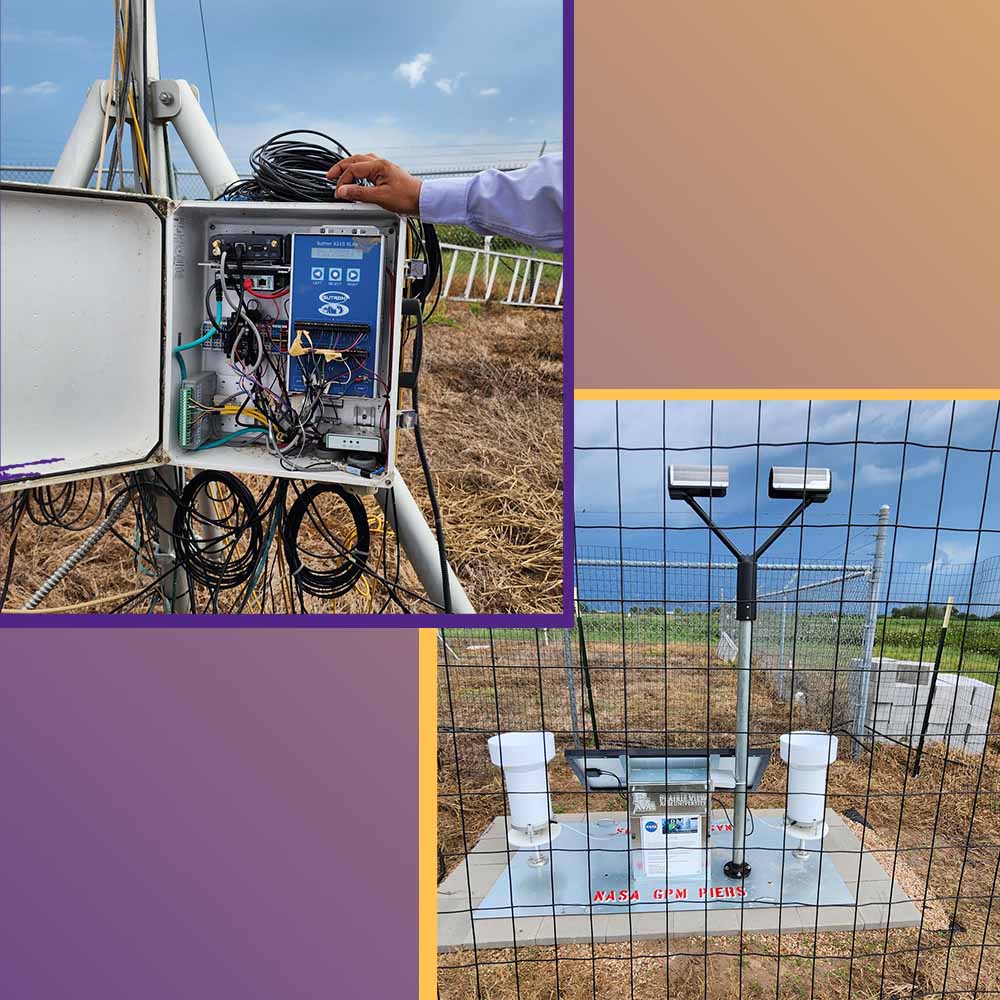Supporting Small-Scale Farmers for Smart Farming and Precision Agriculture
As a leading CO2 emitting state, Texas contributes substantially to global warming. Environmental changes hinder the desired biological plant productivity and threaten food security. U.S. Farmers and Ranchers represent the most scalable and cost-effective solution to reduce greenhouse gas (GHG) emissions and address environmental challenges. Success will require adopting smart farming practices throughout the agricultural community, catalyzed by financial incentives from the private sector. While all farmers are impacted by global warming and environmental changes, it does not affect all farmers similarly.
Small-scale farmers are most disadvantaged in the current agricultural system and most vulnerable to negative impacts of environmental change. Hence, environmental change poses a significant threat to them and undermines global progress toward poverty alleviation, food security, and sustainable development. In addition, these farmers are not well exposed and trained to understand the benefits of smart farming, commodities and methods and tools that can be used in farming or agricultural management for addressing environmental challenges. Majority of small scale farmers are unaware of smart farming practices and its potential benefits. Overall, the challenges of larger producers and small scale farmers are different.


